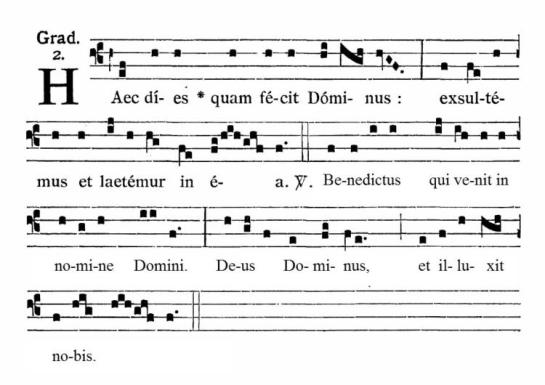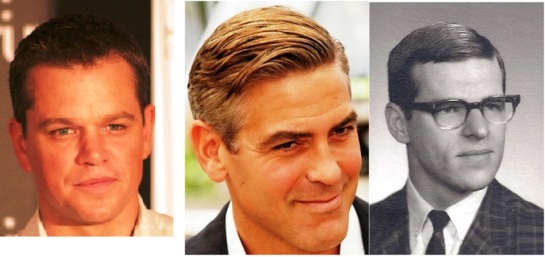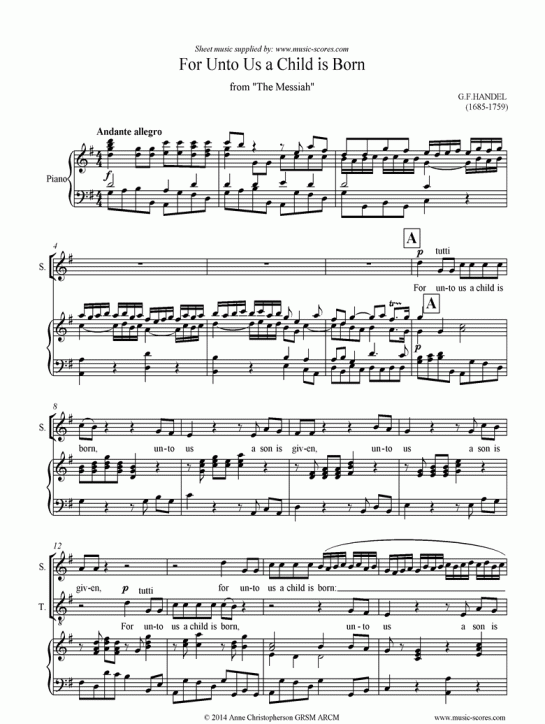“ARE YOU READY, GYP WATSON?”: MY MUSICAL CAREER
BY: JAMES F. O’NEIL
Destry Rides Again is a 1959 musical “comedy”–a Western with music and lyrics by Harold Rome and a book by Leonard Gershe. The play is based on the 1939 classic film of the same name, starring Marlene Dietrich and Jimmy Stewart. The musical starred Dolores Gray and Andy Griffith. Tom Destry (Griffith) abhors guns but becomes sheriff of the town of Bottleneck. There, The Last Chance Saloon singer, Frenchy, proves a distraction in his mission to bring the bad guys to justice. Poker, swindle, shooting, murder, and “bad women” form the substance of the drama–somewhat of a “classic” Western. As the story goes, the character Gyp Watson has been arrested for the murder of Sheriff Keogh early in the play. [See Wikipedia and other sources]
[The video clip is “Are You Ready, Gyp Watson?” performed on a TV variety show, featuring the original 1959 Broadway cast. The great Dolores Gray appears as Frenchy, and Michael Kidd did the choreography. Songwriter Harold Rome’s counterpoint melody inspired Kidd to turn this into a major dance number, which contributed to his winning the Tony Award for Best Choreography. https://www.youtube.com/watch?v=BG4Mjq0H6Ic ]
I had never heard of the play nor heard the music until I was in college “back then.” I was attending a men’s college, a small Roman Catholic seminary in Missouri. Part of our curriculum, and a large part of our spiritual life, was song, and Gregorian chant.

Songs and hymns during liturgical services took place almost daily with the entire group of students. One of my classmates, Ray Repp, approached me one day with an offer to join him and a few others to have a musical audition in a classroom. He wanted to start a group to perform for the students. Ray got us together, worked us, found us music, chose us a name, and set up a practice schedule during our free time. We would sing when the school had time allotted for various entertainment activities, like one-act plays, songfests, movies, and amateur nights.
The Princetons were formed. We were a timely group, with our musical repertoire for the ‘60s: “Lemon Tree” “The River Is Wide, I Cannot See” and other ballads requiring good voices and one guitar. And, of course, Gyp Watson’s funereal hymn which I still hum–and cannot ever get out of my head! “Are you ready, Gyp Watson? Are you ready, for to die? Are you ready, Gyp Watson, for the last big roundup in the sky?”
And The Princetons had their “outfits”: black pants/trousers, black shoes, and white shirts, sleeves rolled up twice. However, the distinguishing feature had to be our haircuts. “Seminary” haircuts? That would never do. Not military cut, either. Better, the “Princeton” cut:
 A Princeton haircut–an Ivy League, or Harvard Clip–could be a kind of crew cut with enough hair styled on top for a side part. Many individual variations came about.
A Princeton haircut–an Ivy League, or Harvard Clip–could be a kind of crew cut with enough hair styled on top for a side part. Many individual variations came about.
The hair on the sides and back of the head is usually tapered, short to medium. (An Ivy League is traditionally groomed with hair control wax, sometimes called “butch wax”–a bit stronger than Dapper Dan pomade used by Ulysses Everett McGill in O Brother, Where Art Thou?)
 FAMOUS WEARERS OF PRINCETON HAIRCUTS
FAMOUS WEARERS OF PRINCETON HAIRCUTS
The Princetons of St Louis had their time, and made their mark. And it was fun. Ray thought we were good–and wanted us to make a recording of some of his music. We did go to a small recording studio in St Louis and sang our best. A tape was made. Each of us had to contribute dollars for the master to be sent to various radio stations and critics.
Peter, Paul, and Mary, the Kingston Trio, and other groups were similar in some respects. (Some memory tripping here: the Brothers Four, The Limeliters, The Chad Mitchell Trio, The New Christy Minstrels.) “As noted by critic Bruce Eder in the All Music Guide, the popularity of the commercialized version of folk music represented by these groups emboldened record companies to sign, record, and promote artists with more traditionalist and political sensibilities.” We certainly were in good company, but were not very popular. And so ended my “semi-professional” music career, though I did not cease to sing.
I had always loved to sing, was always told I had a good voice–good enough for church choirs, high school chorus groups, and men’s choirs and choruses. I sang the full range from young castrati-type soprano (with a Michael Jackson voice) to first tenor, like that of my Chicago Opera-singing friend, Jimmy Pappas [from Pappas Ice Cream Shop] (who helped me love classical music and Lakmé and La Boheme, among other operatic works), to second tenor.
I have sung in Missouri, Illinois, Wisconsin, Minnesota, Arkansas, Washington, Texas, Florida–at churches and sporting events, at weddings and at funerals. I can still be “choked up” at “O say does that star-spangled banner yet wave // O’er the land of the free and the home of the brave?”
All this has been good. I have had few bad experiences with song, or with reading music, or with hitting the proper notes. There is, however, one forever-lasting impression of my place in the music world. Once, in mid-life, I answered an ad, a call for auditions to the Florida Symphony. I submitted all the proper paperwork, and found my way to the audition hall. I was dreaming of tuxedos and travel and concert halls. The audition practice began with Handel’s Messiah. Some members of the chorus I already knew; some were like me, novices with the chorus, trying out, trying it out.
I knew I had to banish thoughts of black ties, patent-leather shoes, tuxedo tails when I realized pages of music were being turned–and I had not gotten there yet. More tries. More pages and notes and directions than I had ever experienced.
“Buddhism considers humility a virtue that must be won through a long process of self-observation. It requires a healthy measure of self-confidence and courage to achieve a realistic and humble understanding of the self.” (Sam Keen)
O say can you see how humble an understanding of myself I had at that time?! At the break, I told the director that I could not do it. End.
I am a hoarder, an addict, a collector: once upon a time, I probably had a thousand music CD’s, long after I had a record collection of classical and other music, choruses and operas included. Downsized now, I still surround myself with music as much as I can.
And, from time to time, Poor Jud Fry in Oklahoma, Tony in West Side Story, Gyp Watson, and a few other characters bounce around in my life–coming from I-don’t-know-where. Though I am glad I have them to remind me of my days of song, and my brief musical career, and to bring me such memoriesofatime.
© James F. O’Neil 2017

What a fascinating career you have had James! Music is a major part of my life; each day features some form of music. Either I am listening to the radio or one of my many CDs, I am playing my mandolin or I am working on the soundboard as the sound engineer for our church helping the worship leader and other musicians sound their very best.
Thanks for giving us another peek into your life so that we may get to know you a little better. I also wanted to say that I rather like the Princeton haircut. I think it is a neat and classy way for men to style their hair.